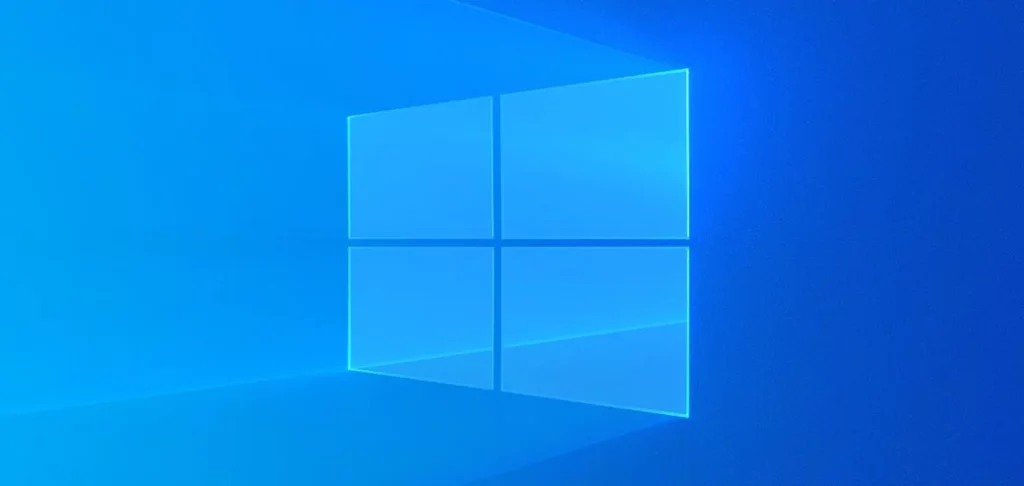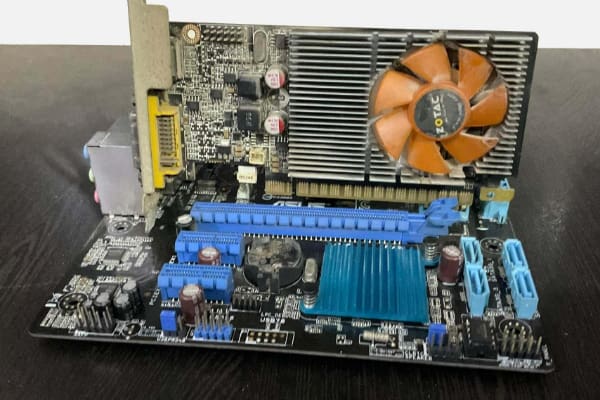What’s the average laptop lifespan? A simple question, but one with no shortage of answers. The straight answer is about five years, with the lower and higher estimates ranging from one to seven years respectively. Some users also find their 10-year-old machines still perfectly serviceable.
But overall, most laptops come with a three-year warranty.
Averages are a good yardstick, but there are so many other factors that can affect the lifespan of a laptop. The key to understanding the answer is to look at these issues. This article will clue you in.
Contents
The Factors Affecting the Average Laptop Lifespan
Let’s look at some of the major factors that might force you to retire your machine in accordance with the warranty or pushing it to well beyond its predicted demise:
Laptop Brand
Brands approach laptops (and their obsolescence) in different ways. Higher end brands like Apple may cost a pretty penny, but their MacBooks will often keep running well up to a decade after you buy them. Other brands like Dell and ASUS can boast similar results. Certain brands prioritize quality over affordability and it shows.
But it’s not just the brand. It’s also important to note that not every machine in a brand’s line will function the same or last as long as others. Different product ranges (and price brackets) will come with longer or shorter average lifespans.

Hardware
A laptop works as long as all the parts within do too. Here are the components that make all the difference:
- Batteries – Arguably the most important component in laptop life. Laptops can have their battery (usually lithium ion) drained completely and restored an average of 300 to 500 charging cycles. Apple’s batteries can take up to 1,000.
- RAM – The more inside, the faster the laptop. More RAM also means more time before things start slowing down.
- Hard Drive – Solid state drives (SSDs) are fast and usually found on more expensive laptops. Hard disk drives (HDDs) are much slower, and only get slower as the years go by.
Purpose
Certain laptops also fulfil different roles. A notebook laptop needed to write out term papers will differ technically from a gaming laptop which needs a monster graphics card to meet the high demands of gaming. Higher end laptops can also be configured to cater to complex roles.
The trouble comes when you use a consumer laptop for demanding tasks. This is a sure way to lessen its lifespan. Higher end machines are designed to take the strain. On the other hand, using a gaming laptop to write term papers – definitely not its ended use – will ensure a much longer life than expected.
Environment
Where you live can also play a part in your laptop’s life. A desert environment may not only overheat your machine, but the dust and can also clog the heat sinks and fans. Extremely cold regions can affect the effort needed to run the machine and, thus, its lifespan.
Which makes two of the keys to extending the typical laptop lifespan constant, moderate temperatures and keeping the vents free of dust and pet hair.
Treatment
Ultimately, much of a laptop’s lifespan rests with its user. Here are some ways keep your machine performing well:
- Keep all food and drink away from your laptop. Crumbs are a big problem.
- Clean and dust your machine regularly, especially the heat sinks.
- Upgrade aging hardware if you can.
- Keep both your operating system and antivirus software updated constantly.



